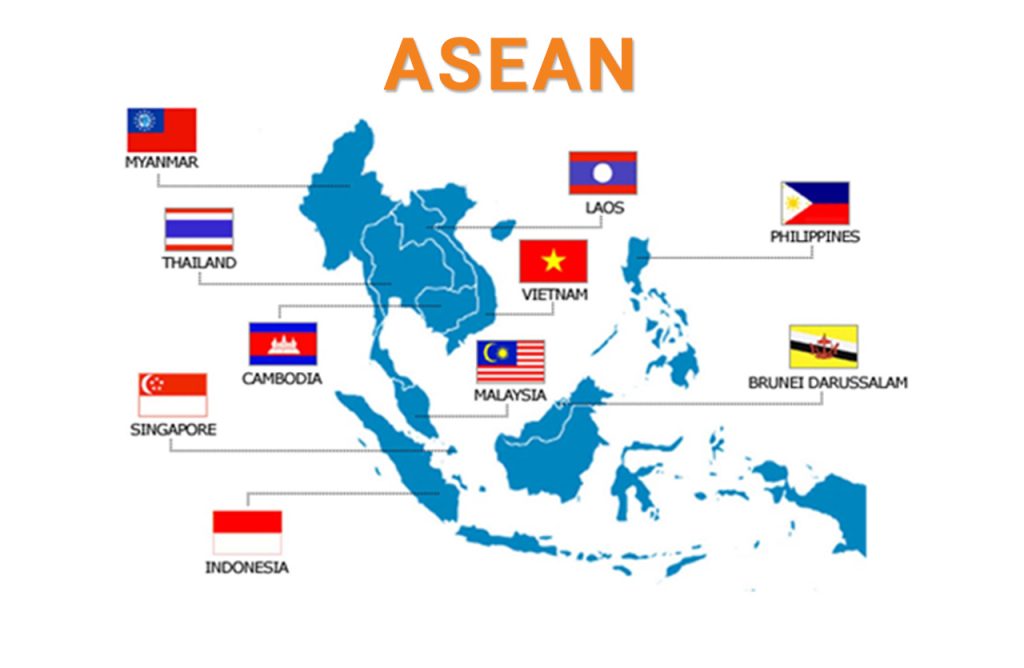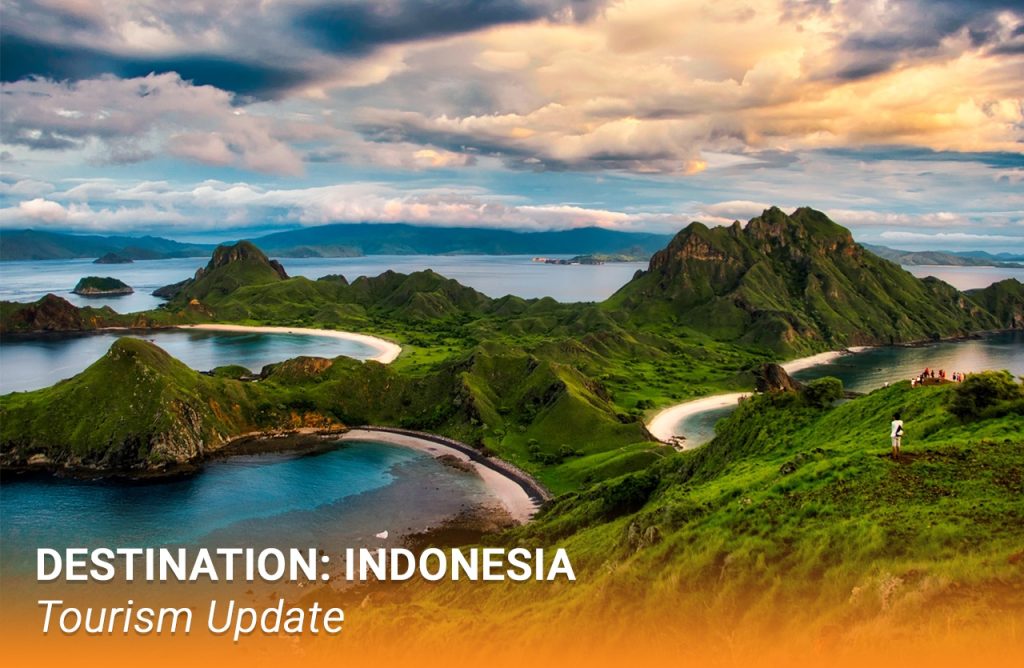
In a move designed to revive local business interests without compromising pandemic containment, the ASEAN bloc has given the green light to relaxing certain travel restrictions in the region. As part of this latest push to reopen borders, the 10 ASEAN Member Countries have appointed Indonesia to lead their ASEAN Travel Corridor Arrangement Task Force (ATCAF).
In its new leadership role, Indonesia will be tasked with frameworks and operating procedures for the new travel arrangements. The initiative has been welcomed by all ASEAN members and has the backing of Secretary-General Dato Lim Jock Hoi. Indonesian President Joko Widodo has urged ATCAF to move quickly in setting up temporary fast lanes and devise all the necessary guidelines for health protocols. “The people cannot wait any longer,” he insisted recently. “They want to see our region revive.”
News of the ASEAN travel corridors was confirmed on 21st January 2021, in a statement by Indonesian Minister of Foreign Affairs Retno Marsudi, following the ASEAN Foreign Ministers’ Retreat (AMM Retreat). Having originally been submitted for approval at the 36th ASEAN Summit in June 2020, the plan for a network of travel corridors in Southeast Asia has now been approved and is expected to be completed within the first quarter of 2021. This timeline was also confirmed by the Indonesian minister.
The main idea behind the scheme is to open up channels for business travel and commerce between ASEAN nations, restarting the flow of business travel, trade and diplomacy, with a view to a safe and staggered reopening of tourism channels later on. The first phase of the scheme will not permit leisure travel or the unrestricted flow of people between ASEAN countries.
Economic recovery is of paramount concern for countries in the ASEAN bloc, who also recognise that boldness must be tempered with caution in the months ahead, to ensure citizens and visitors in the region remain safe. In a bid to sure up pandemic defences ahead of the new corridor arrangements, ASEAN has allocated around US$ 13.6 million to the regional Covid-19 response fund.
ASEAN (the Association of Southeast Asian Nations) is made up of 10 Member Countries: Thailand, Indonesia, Malaysia, Philippines, Singapore, Brunei, Vietnam, Laos, Cambodia and Myanmar. First established in 1967, the ASEAN regional bloc is set up to accelerate economic growth, social progress and cultural development in the region. Acting in accordance with the UN Charter, ASEAN provides a trading bloc and regional sharing platform, designed to maintain a peaceful and prosperous community of Southeast Asian Nations. This includes various sectors, from education and social welfare to business, culture and tourism.





